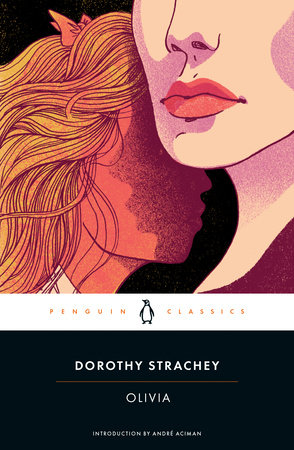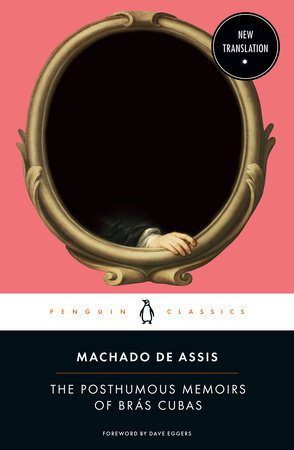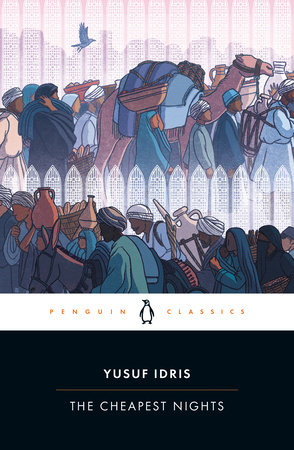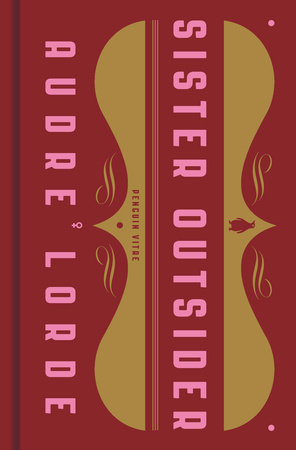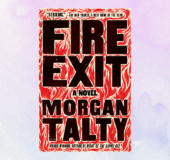
Because what you read matters.
Subscribe to the Penguin Classics Newsletter here.
It’s officially summer, and as we continue to social distance, stay home, and thank essential and frontline workers through these months, we share new Penguin Classics that we hope will offer you an escape, transport you around the world, and keep you company. Read on to see what classics we’re kicking off the season with, and let us know what’s on your summer reading list on social media (we’re @PenguinClassics everywhere).
Everyone has those classics they’ve been meaning to read forever, but sometimes it can be hard to decide which one to pick up next. That’s where we come in. Download this sampler to dip into twelve recommended reads and find the one that’s right for you. Be sure to check out our wildly popular Instagram filter featuring these must-read titles—give it a “spin” and tag us for a possible repost!

For his own iconic LGBTQ+ novel, Call Me by Your Name, Andre Aciman found inspiration in Olivia by Bloomsbury Group author Dorothy Strachey. Our first lesbian novel in Penguin Classics, Strachey’s 1949 groundbreaking and passionate story of infatuation and first love portrays Olivia, a sixteen-year-old English girl at a Parisian finishing school, who falls under the spell of her charismatic teacher, Mademoiselle Julie. With a moving new introduction by Aciman, we hope you, like he, might find something special in Strachey’s classic and “read Olivia many, many times.”

Joaquim Maria Machado de Assis is Brazil’s most celebrated author, a writer of world stature, and the mixed-race grandson of ex-slaves. The Posthumous Memoir of Brás Cubas is his masterpiece. In the 1881 novel, freshly translated by Flora Thomson-DeVeaux and with a foreword by Dave Eggers, the ghost of a decadent and disagreeable aristocrat decides to write his memoir, telling of his failed romances and half-hearted political ambitions, and complaining with gusto from the depths of his grave. Imaginative, witty, and ahead of its time, the novel has been compared to the work of everyone from Cervantes to Joyce to Nabokov, and has influenced generations of writers around the world.

New to the series is the great Egyptian classic short story collection, The Cheapest Nights, by “the genius of the short story,” Yusuf Idris, whose signature stylistic device—the combination of literary and colloquial language—transformed Arabic literature. The Cheapest Nights features some of his most important works, the title story of which follows a man who, unable to sleep, angrily meditates on the state of his life and the extreme poverty in which he finds himself. With compassion, astute observational skills, and biting humor, Idris explores the fraught lives of the Egyptian working class, all the while turning a critical eye on the power structures that oppress them.

“Racism and homophobia are real conditions of all our lives in this place and time. I urge each one of us here to reach down into that deep place of knowledge inside herself and touch that terror and loathing of any difference that lives there. See whose face it wears. Then the personal as the political can begin to illuminate all our choices.”—Audre Lorde, from “The Master’s Tools Will Never Dismantle the Master’s House” in Sister Outsider.




